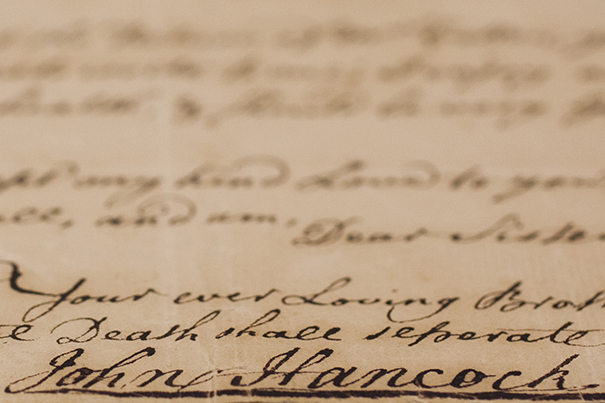Arts & Culture
-

Live fast, die young, inspire Shakespeare
Stephen Greenblatt finds a tragic strain in the life and work of Christopher Marlowe
-

Steve McQueen could lecture you, but he’s got other plans
‘I think the audience needs more, and I feel I need to give more,’ says award-winning filmmaker — presenter of this year’s Norton talks
-

Marking 100 years of Norton Lectures
Panelists reflect on ‘incredible value’ of annual series as ‘megaphone’ for artists and scholars
-
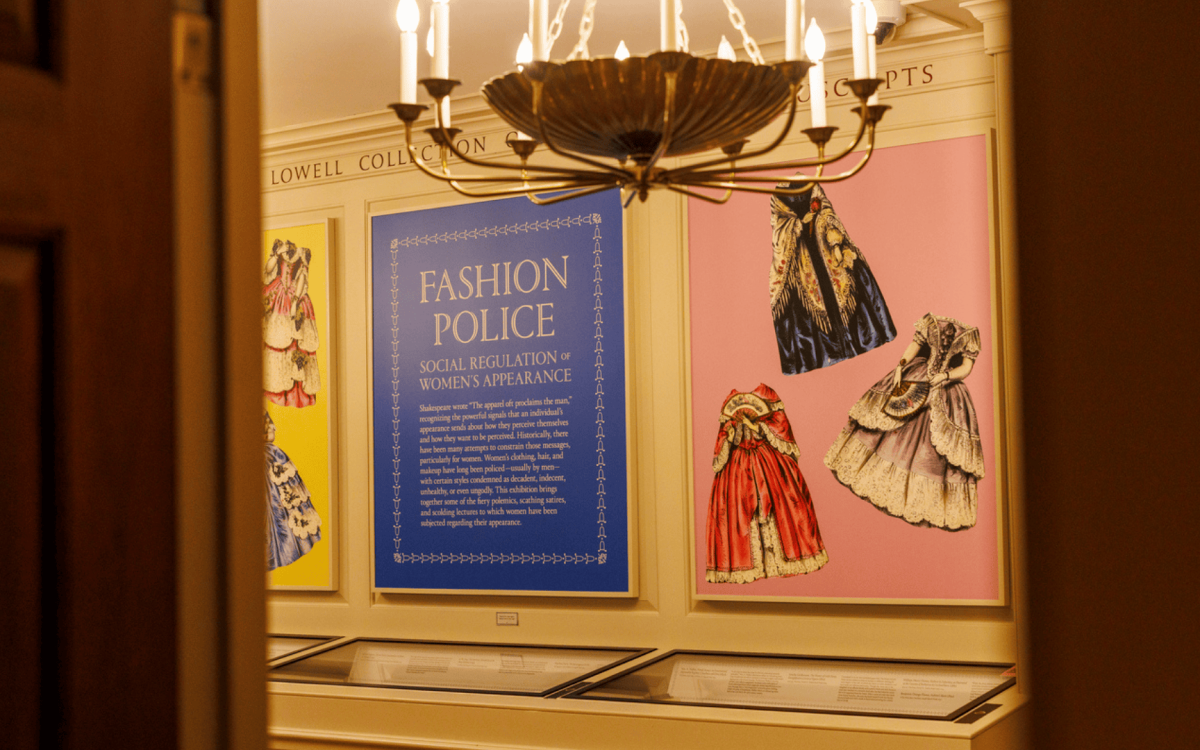
How fashion police have been walking beat for centuries
Houghton Library exhibit highlights the policing of women’s fashion since the 17th century.
-
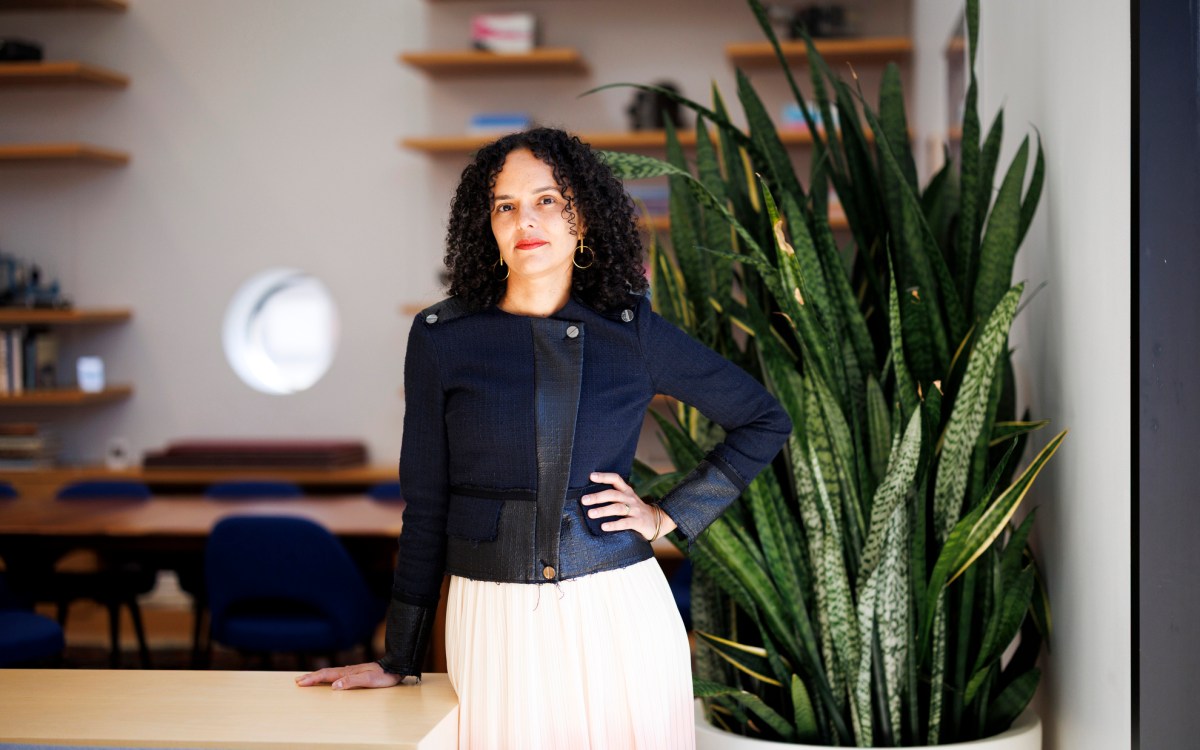
Seeing what you see
New faculty Cécile Fromont is a visual problem solver
-
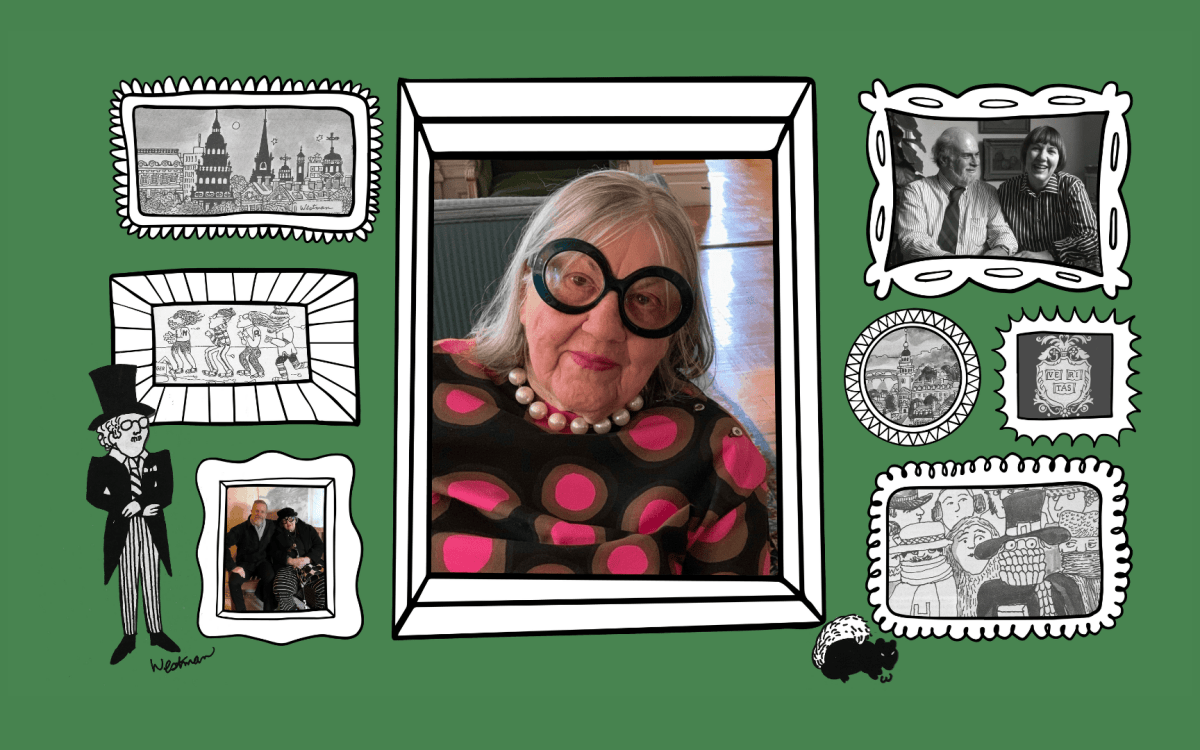
Her Cambridge iconography made her a local icon
Before New Yorker covers, Barbara Westman created colorful visions of campus as Gazette’s first staff artist
-
Chicago on Chicago
Judy Chicago speaks about feminism and art education at the Radcliffe Institute. A video of the discussion is available.

-
The leadership of Cesar
Mexican actor Diego Luna came to town to premiere his latest film, “Cesar Chavez,” to the Harvard community before its nationwide release. The film marks Luna’s directorial debut.
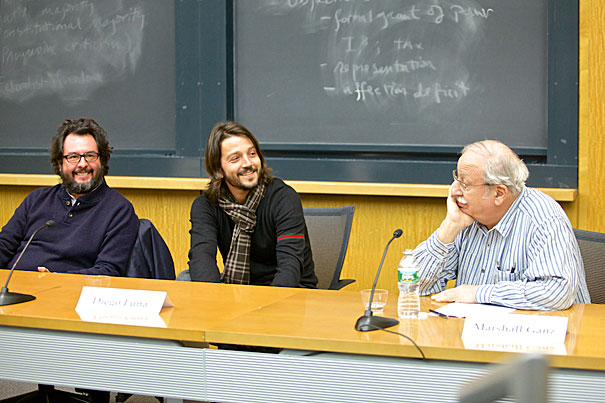
-
Calling the Oscars
For the past three years, a Harvard College junior has employed statistics and percentages to predict many winners at the Academy Awards.
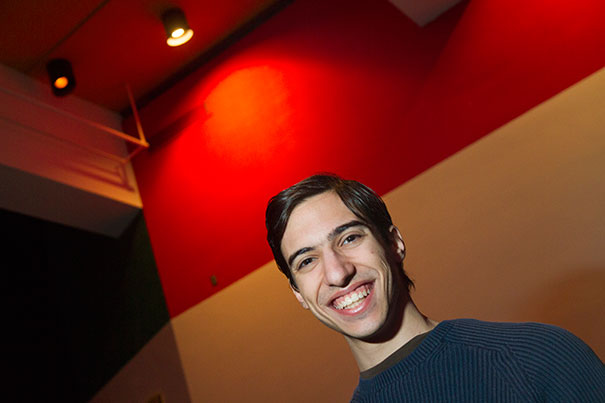
-
Film as a force
Three documentary filmmakers up for an Academy Award this Sunday all have ties to Harvard’s Department of Visual and Environmental Studies, a longstanding, multidisciplinary program with a strong commitment to nonfiction film.
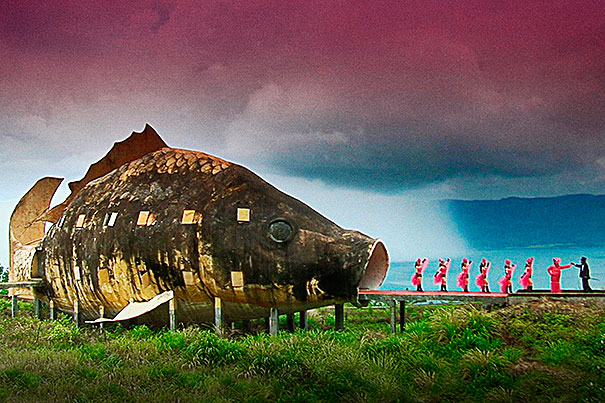
-
Dots on the borderline
Artist David Taylor’s most recent work is a series of photographs that capture images of the monuments that mark the United States’ border with Mexico, as well as some of the people and activities he encountered in his work. “Working the Line” on display at the David Rockefeller Center for Latin American Studies.
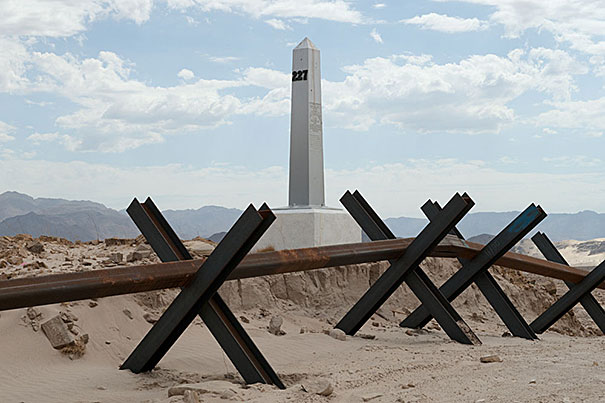
-
A sweet-sounding moment
Max Tan ’15 will be the featured violin soloist during a March concert by the Boston Philharmonic Youth Orchestra.
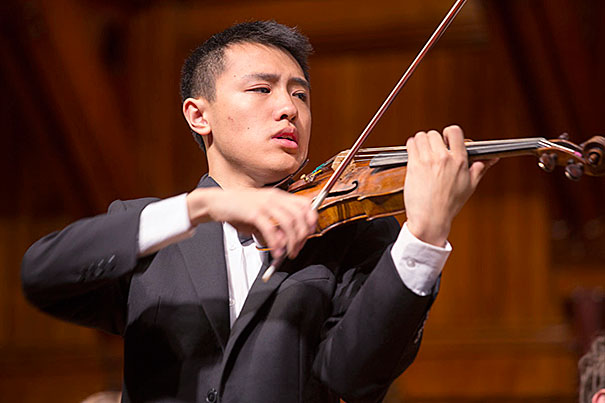
-
Chronicler of poverty
Bearing the lessons that long-term, immersive reporting can teach, journalist Katherine Boo, who writes about poverty, spent a week at Harvard’s Graduate School of Design as a senior Loeb Fellow.
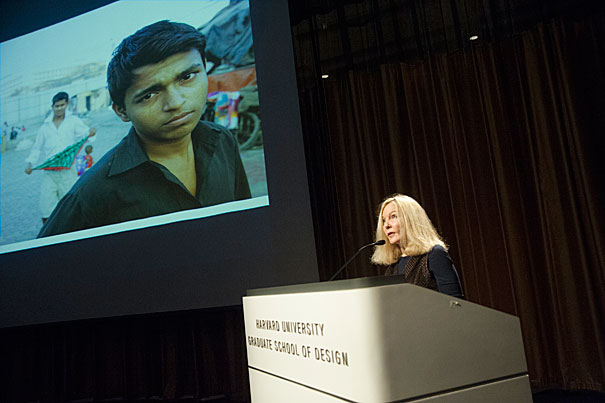
-
Cool with a capital C
Hip-hop star and actor LL Cool J came to Harvard over the weekend, pulling double duty as host of the Cultural Rhythms festival and the Harvard Foundation’s Artist of the Year.
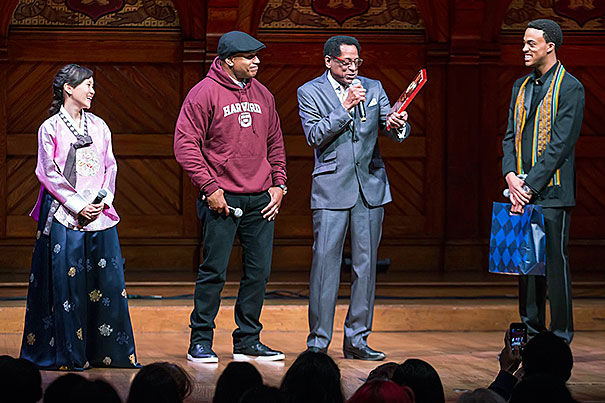
-
A musical is born, slowly
An experience in Uganda helping orphans get schooling is at the heart of “Witness Uganda,” a new production directed by Diane Paulus at the American Repertory Theater.

-
Bach to Bach
Joint exhibitions at Houghton Library and Loeb Music Library mark the 300th anniversary of composer C.P.E. Bach’s birth and the first publication of his complete works, as well as discoveries and acquisitions that were made along the way.
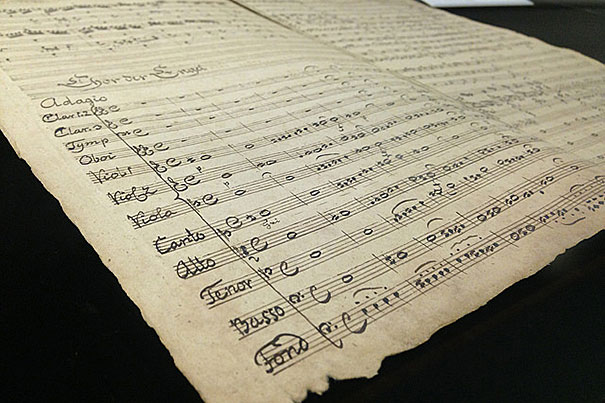
-
Big skies, dusty trails
“Fortunes of the Western,” a new series at the Harvard Film Archive, draws back the curtain on the golden age of Westerns following World War II. The series continues through March 22.
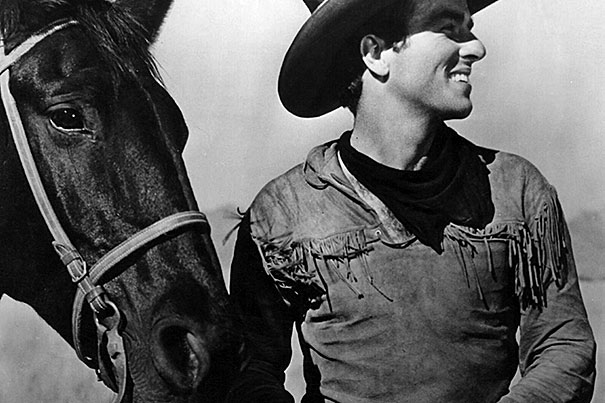
-
Spotlight on black identity
A new take on Black History Month at Harvard initiates a conversation about evolving black identity, through the lenses of Africa and art history.
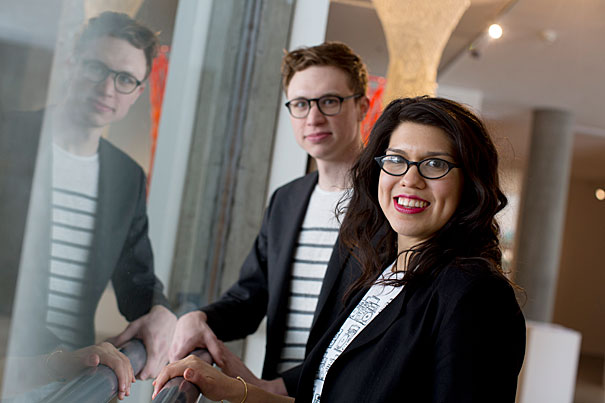
-
Bernard Berenson, recalled
Harvard’s Villa I Tatti, a treasure of Italian Renaissance scholarship since 1961, has launched an oral history site on its origins with Bernard Berenson, Class of 1887, and its transition from villa to a center for scholars.

-
All for love
In honor of Valentine’s Day, the Gazette partnered with the Woodberry Poetry Room in selecting a poem fitting of the holiday devoted to love.

-
Potential en masse
Michael Kimmelman of The New York Times talks about the importance of public space, his role as a critic, and the art and beauty of architecture. Kimmelman spoke at the Radcliffe Institute on Feb. 6.
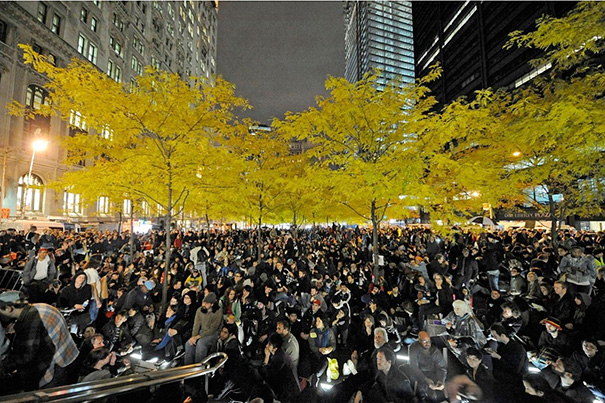
-
Art, turned on its ear
Photographer and arts historian Deborah Willis launches the Hutchins Center’s spring series of noontime lectures with a look at modern artists and their radical, racial alterations of iconic art.
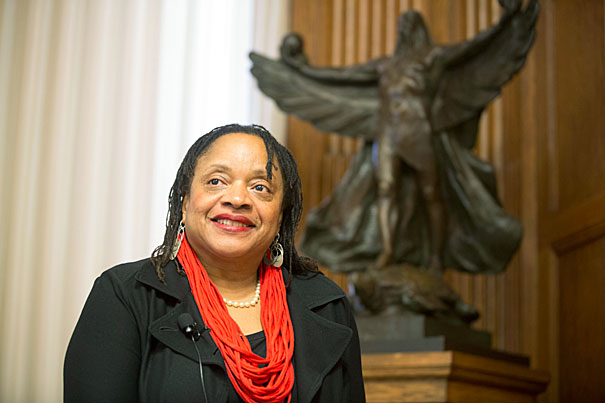
-
Harmony and humanity
Jazz pianist Herbie Hancock begins his post as the 2014 Charles Eliot Norton Professor of Poetry at Harvard with some wisdom from Miles Davis. Hancock’s next lecture, “Breaking the Rules” will take place Feb. 12.

-
A monument to saved art
“The Monuments Men,” a based-on-a-true-story World War II action film that opens in theaters Friday, depicts an international team of middle-aged art experts in uniform who are racing to liberate priceless art from the Nazis. Many of the real-life team members were Harvard-trained.
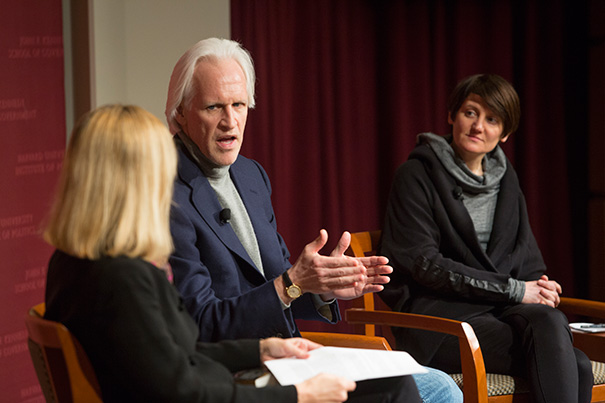
-
Let’s put on a show
During Wintersession, nine College students traveled to New York City as A.R.T. interns to help Artistic Director Diane Paulus and her production team in the exciting, exhaustive process of bringing a new production to life. The musical “Witness Uganda” will have its world premiere at the A.R.T. on Feb. 4.
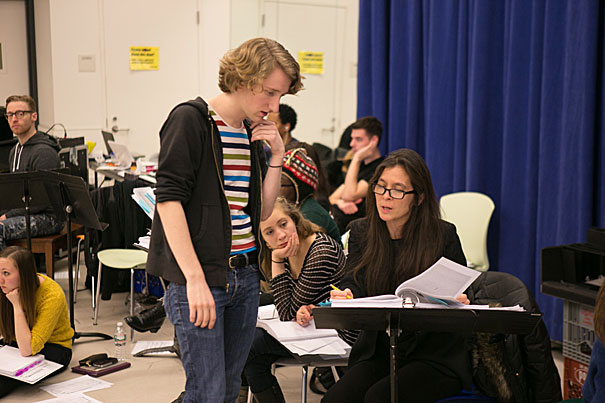
-
The music that didn’t stop
Wynton Marsalis and an all-star ensemble gave a capacity crowd at Sanders Theater a musical history of the roots of jazz in New Orleans.
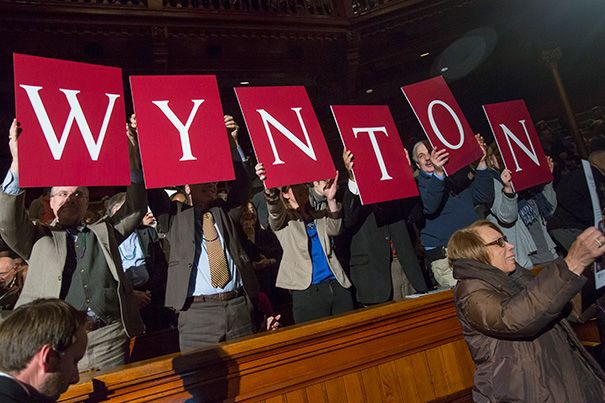
-
‘The Thinking Hand’
A visit by a master of traditional Japanese carpentry launches an unusual Harvard exhibit of tools, techniques, and woods that have been used for centuries.
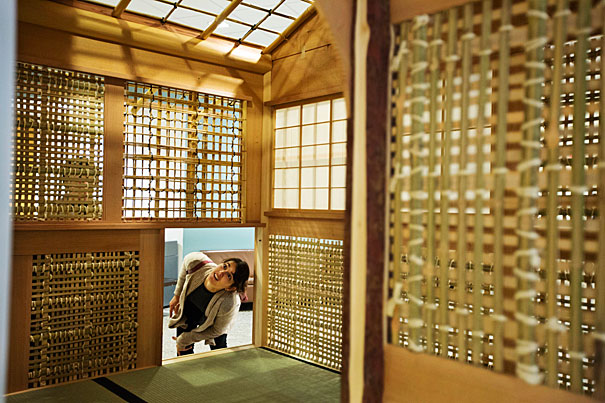
-
Pictures as narrative
Lauren Greenfield ’87 spoke with a Harvard audience about her 25 years of experience as a photographer and filmmaker as part of the Office for the Arts’ “Harvard JAMS!” series. The sessions connect students and members of the Harvard community with alumni who have made a career in entertainment or the arts.
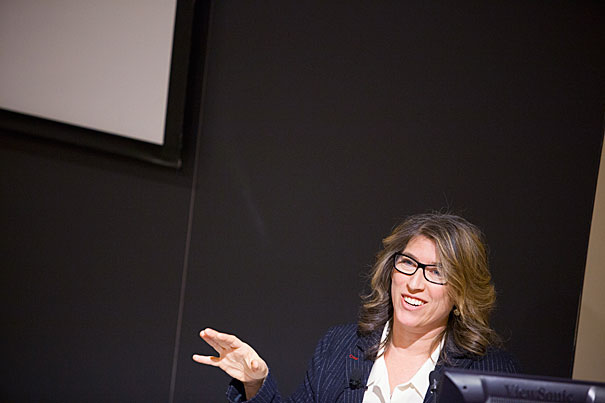
-
Sing a song
Broadway star Brian Stokes Mitchell delivers a master class on song interpretation as part of Harvard’s Wintersession program.
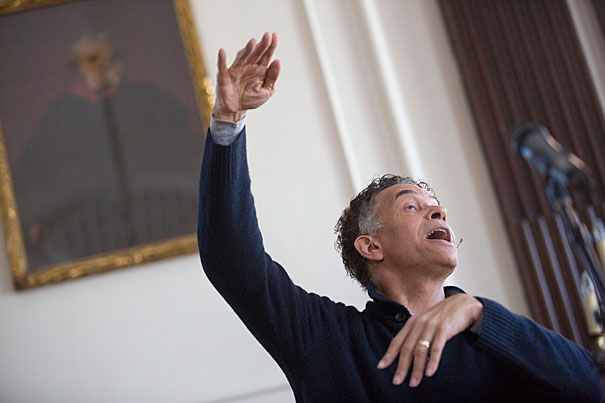
-
Marsalis to conclude lecture-performance series
Wynton Marsalis will conclude his six-lecture series at Sanders Theatre on Jan. 30. Tickets, which are free, will be available for the Harvard community on Jan. 28 and the public on Jan. 29.
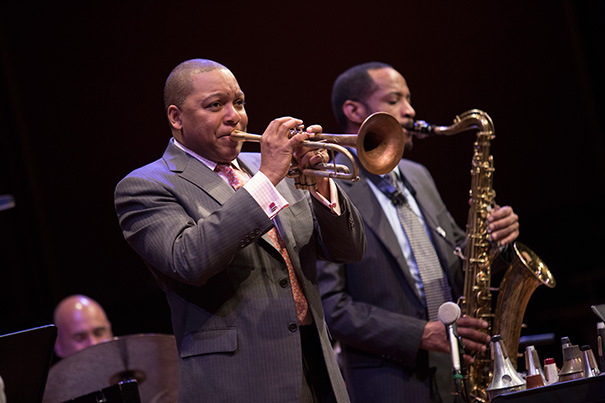
-
At one with Thoreau
Scot Miller’s photographs from the Maine wilderness, inspired by Thoreau’s “Maine Woods,” are on display at the Harvard Museum of Natural History.
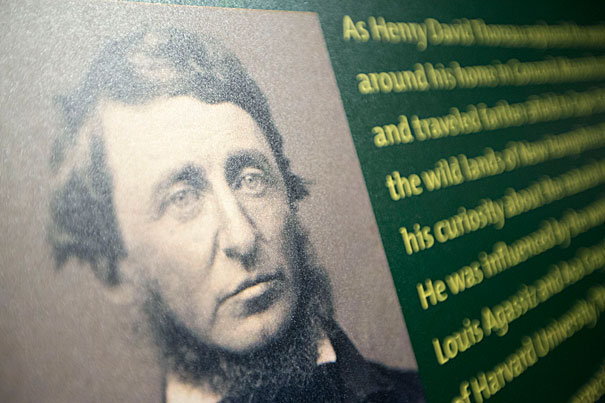
-
Close reading
Faculty members share highlights from the reading life.
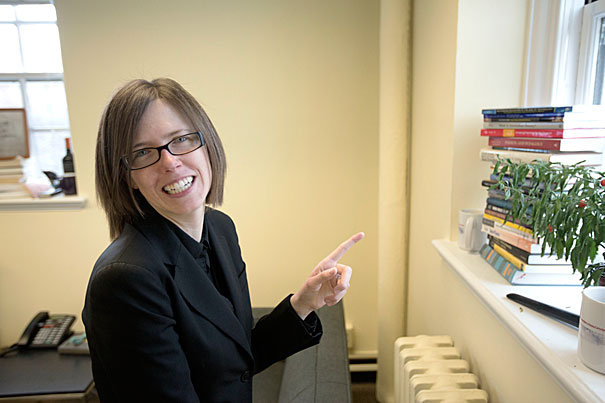
-
The girl who saves the prince
For the holiday season, the American Repertory Theater is staging “The Light Princess” by George MacDonald, the offbeat story of a girl who, unlike in other fairy tales, saves the prince.
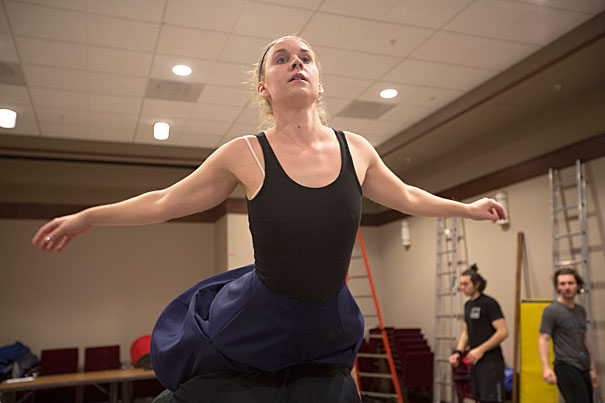
-
Sweet hymns of joy
Harvard had a role in the creation of a few of the holiday season’s most durable carols and light tunes, including the haunting English words to “O Holy Night.”
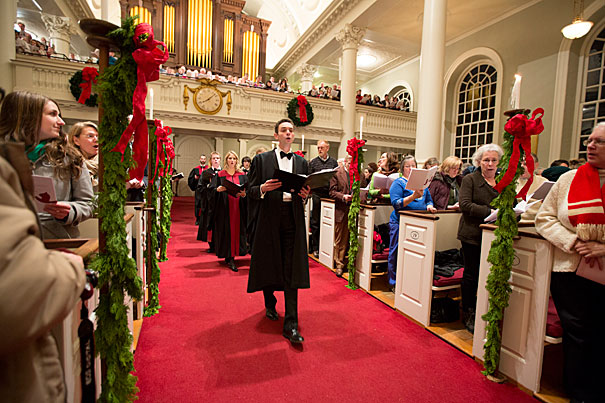
-
Journeys through song
The Silk Road Ensemble was back at Harvard for a residency with faculty, students, and crafting new compositions using the Ganges River as inspiration.
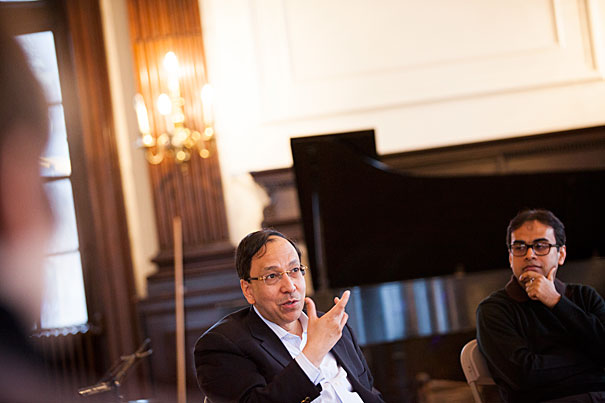
-
Signature signatures
Long, tall, short, and small, the signatures of the famous are housed in many Harvard albums and archives.
